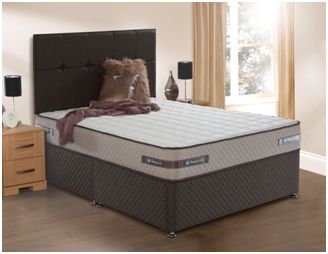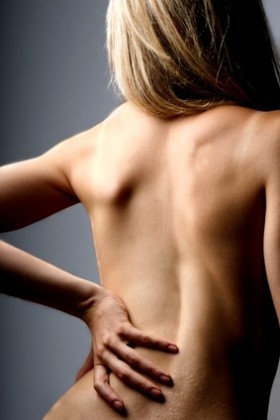For those looking for the ultimate in comfort whilst they sleep, the bed experts at Dreams present The Sealy Posturepedic mattress collection. This revolutionary range is made with pocket springs which are vertically positioned and distributed evenly throughout the mattress, providing luxury cushioning sure to help with the perfect night’s rest. Available with a range of contemporary divan base:
Sealy Posturepedic Ortho – Madison

The classic Madison mattress features an advanced spring system, designed to help distribute weight more evenly. Coupled with its generous layers of upholstery, it allows for the optimum night’s rest. The mattress can also be purchased with a stylish one drawer divan base and the Chepstow headboard to complete this look.
Sealy Posturepedic Posturetech -Brookshire – costs from £679.99 (with or without legs)

Supported by a superb 630 spring system, this mattress is ideal for maintaining even weight distribution. Suitable for sensitive sleepers, this range is endorsed by Allergy UK for its elimination of dust mites, whilst its eco-friendly fibres ensure a cool and dry slumber. Also available in this range are the Columbus and the Pattison mattresses, each with added layers of foam and latex, ideal if extra support is required. Add the Brecon headboard for a stand-out finish.
Sealy Posturepedic Pocket – Rosebury – costs from £1,159.00 (with and without legs)
This luxurious latex mattress is made with an excellent 1400 zoned pocket spring system, helping with spinal alignment and to balance weight evenly. Endorsed by Allergy UK, it is the ideal mattress for the health conscious buyer looking for a sound night’s sleep. Also within this range are the Rushton and Sotheby mattresses, offering added levels of support. This mattress is available with a double divan base and can be paired with the Tenby headboard for an eye-catching look.
Buy and or for more information http://www.dreams.co.uk/beds/divan-beds/shopby/brand–sealy


